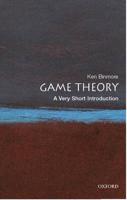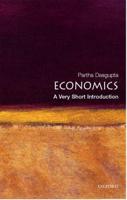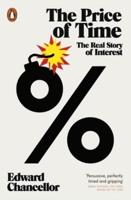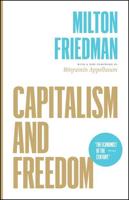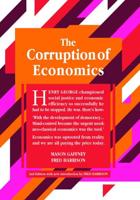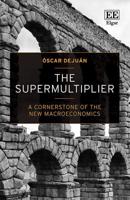Publisher's Synopsis
Most of the world's population and the vast majority of the world's poor live and work in villages. Their activities are usually centred in households, but interactions among households shape the impacts of policy, market and environmental changes on rural production, incomes, employment and migration. This book presents a generation of villagewide economic modelling designed to capture these interactions when assessing the impacts of policy, market and environmental changes on rural economies in less developed countries. The authors present a general framework for modelling village economies based on computable general-equilibrium techniques, estimate models for villages and a village-town in five different countries, and use these models to conduct a series of comparative experiments. The findings offer explanations for some paradoxical outcomes of exogenous shocks as their influence winds its way through rural economies, and they underline the importance of adopting a local economy-wide perspective when designing development policies.


